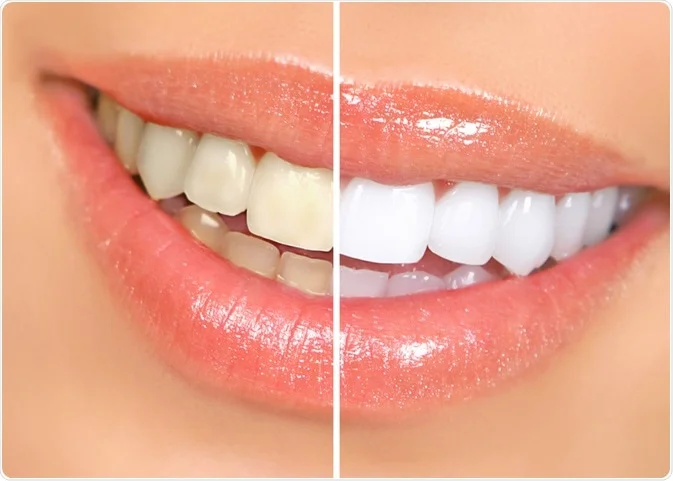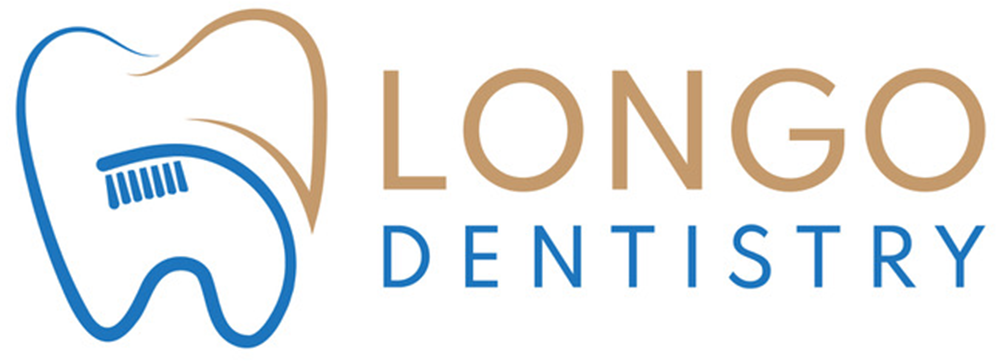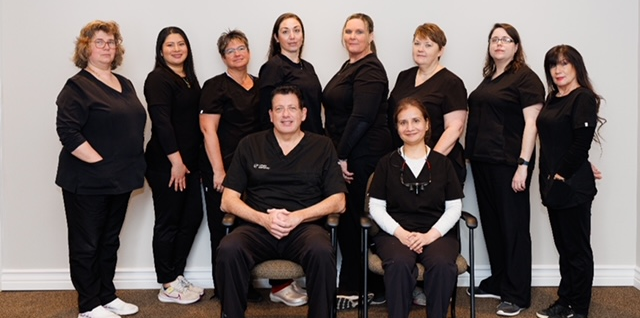Introduction: Understanding Preventive Dentistry
Preventive dentistry refers to the proactive approach in maintaining optimal oral health through regular check-ups, cleanings, and daily oral care habits. By prioritizing preventive measures, we can significantly reduce the risk of developing severe dental conditions such as cavities, periodontal disease, and tooth loss.
The Core Components of Preventive Dentistry
Preventive dentistry involves a comprehensive strategy focused on early detection, treatment, and maintenance. This includes:
- Routine Dental Check-ups: Regular dental visits enable early detection of potential issues. During these check-ups, dentists can identify early signs of tooth decay, gum disease, or other oral health conditions.
- Professional Teeth Cleanings: Plaque and tartar buildup can only be effectively removed through professional cleanings. Regular cleanings help prevent cavities, gingivitis, and other gum-related diseases.
- Fluoride Treatments: Fluoride strengthens tooth enamel and significantly reduces the risk of cavities. Fluoride treatments, especially for children, are a critical aspect of preventive care.
- Dental Sealants: Sealants provide an additional layer of protection for teeth, particularly molars, which are prone to decay. This is particularly beneficial for children, offering protection against cavities.

Benefits of Preventive Dentistry: More Than Just a Healthy Smile
Adopting a preventive dental care routine offers benefits beyond maintaining a healthy smile. Here are some key advantages:
- Cost Savings: Preventive care can help you avoid costly restorative treatments down the line. Investing in regular dental visits is far more affordable than addressing advanced dental issues like root canals, crowns, or implants.
- Long-term Oral Health: Preventive measures ensure long-term oral health, significantly reducing the likelihood of tooth loss or gum disease. This, in turn, contributes to better overall well-being.
- Pain and Discomfort Reduction: Early identification and treatment of issues such as cavities or gingivitis prevent these problems from developing into painful conditions that require invasive procedures.
- Improved Quality of Life: A healthy smile not only boosts self- esteem but also enables comfortable chewing, clear speech, and overall confidence in social interactions.
Preventive Dentistry for Different Age Groups
Preventive dentistry is crucial for individuals of all ages. Let’s explore specific preventive measures tailored to each age group:
For Children and Adolescents
- Routine Check-ups and Cleanings: Establishing a regular dental routine early on prevents cavities and supports the proper development of teeth.
- Fluoride and Sealants: These treatments are essential for strengthening enamel and preventing decay in children’s growing teeth.
- Orthodontic Evaluations: Early orthodontic assessments help identify issues that may require intervention, ensuring proper alignment and reducing complications in the future.
For Adults
- Periodontal Maintenance: Adults are more prone to gum disease, making periodontal maintenance critical. Regular cleanings and monitoring help prevent gum recession, bone loss, and tooth loss.
- Oral Cancer Screenings: Early detection of oral cancer through routine check-ups can significantly improve treatment outcomes.
- Managing Tooth Wear: Addressing grinding, clenching, or other habits early helps preserve teeth and prevent damage.
For Seniors
- Tooth Loss Prevention: Preventive care is crucial for avoiding tooth loss due to decay, wear, or gum disease. Regular dental check-ups are essential for preserving natural teeth.
- Denture Care: For seniors with dentures, preventive care includes ensuring proper fit and monitoring oral tissues for signs of irritation or infection.
- Dry Mouth Management: Seniors often experience dry mouth due to medication or aging. Preventive measures include managing dry mouth symptoms to avoid decay and gum disease.

Daily Habits to Enhance Preventive Dentistry
In addition to professional dental care, practicing good daily habits plays a key role in preventive dentistry. Here are some critical tips for maintaining optimal oral health:
- Brush Twice Daily: Use fluoride toothpaste and brush for at least two minutes each time to ensure effective plaque removal.
- Floss Daily: Flossing helps remove food particles and plaque from between teeth, reducing the risk of cavities and gum disease.
- Use an Antimicrobial Mouthwash: Mouthwash can help kill bacteria and freshen breath, reducing the risk of gingivitis.
- Maintain a Healthy Diet: A diet rich in vitamins and low in sugar promotes healthy teeth and gums. Limit sugary snacks and drinks to reduce the risk of cavities.
Embrace Preventive Dentistry at Dr. Longo Dentistry
Preventive dentistry is not merely about avoiding dental problems; it’s a proactive approach to achieving and maintaining excellent oral health throughout life. By taking preventive measures, we can protect our smiles, improve our quality of life, and reduce the need for costly and invasive treatments in the future.
Investing in regular dental care today is an investment in your overall well-being for years to come.
Schedule your next dental check-up at Longo Dentistry and experience the benefits of preventive dentistry.


